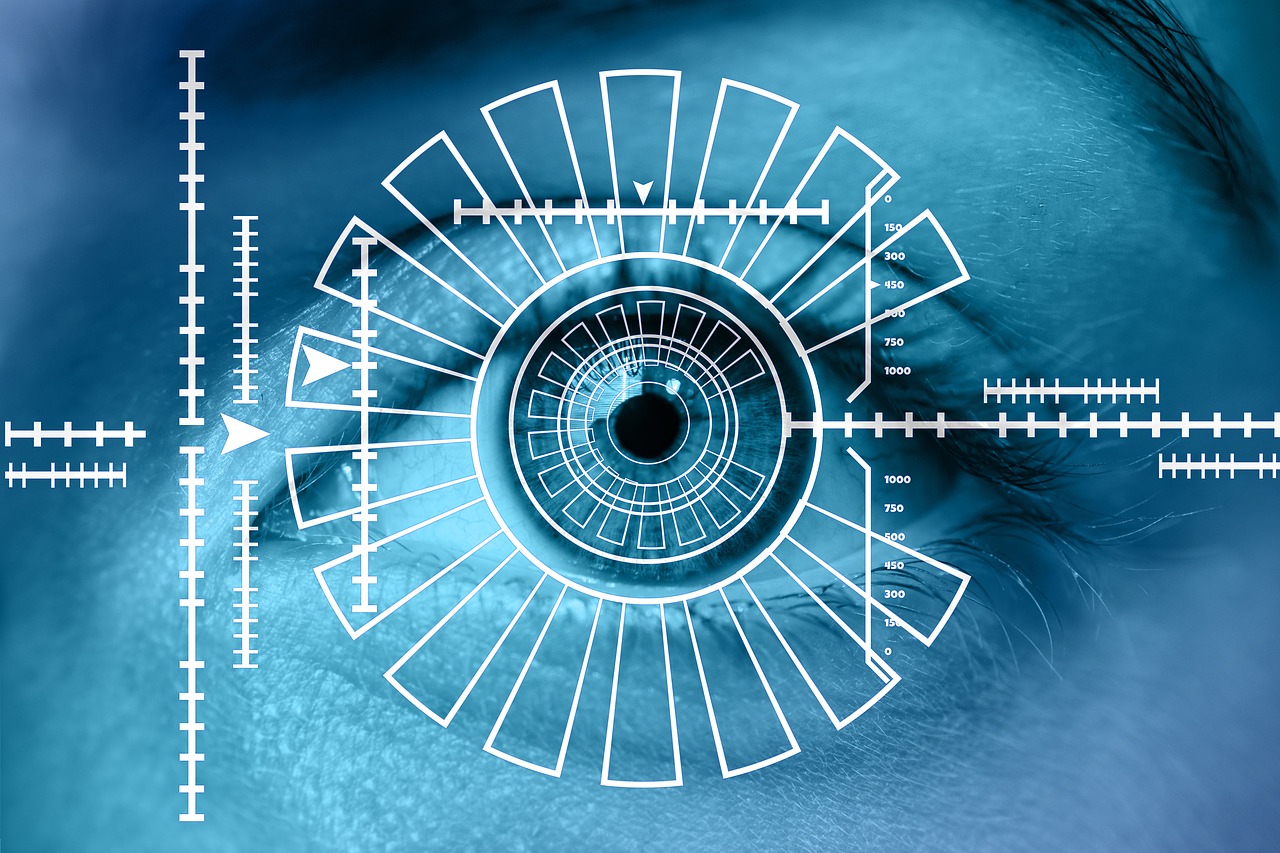Biometrics vs. Passwords: What Is the Safer Choice?
Biometrics on the consumer level has grown into an acceptable way to protect data. What was once a business-only feature is now found as a standard feature on multiple devices. So, when given the choice between passwords or biometrics, which is the safest choice?
Passwords
Passwords are used to access most of your data. Complex passwords make sense in a business setting like Essential IT, but can be a nightmare depending on restrictions. Back when passwords became mainstream, the user was allowed to make up whatever password they could remember. As threats got more complex, so did the acceptable passwords. In government settings, passwords are so strict that it takes several minutes to create one that the system will accept.
Restrictive passwords are harder to crack, but eventually become forgotten by the very people they’re meant to protect. This leads to IT departments dealing with multiple reset password requests per week. In the consumer world, this means getting locked out of important data or losing access to purchased devices.
Biometrics
Biometrics came along as an alternative to passwords. It uses fingerprint scanning, iris recognition, voice recognition or even specialized sensors. Instead of putting the burden on the user to remember a restrictive password, biometrics bases its use on familiar traits. These traits are user specific, so it is safer than the normal security offered by passwords.
Biometrics are rock solid for protecting consumer and business assets, and is a perfect companion software for users with disabilities. It also gets rid of the forced password change required every few months by systems with enforced security measures.
Price
Money will always come into the equation when it comes to biometrics. The best biometric devices have superior hardware backed by equally superior software. A failing of one side means the entire system is compromised for the user. Smartphones without a fingerprint scanner are noticeably cheaper than their competitors. Business desktops and laptops with biometrics are high priced, and usually requires avoiding some updates that can break fingerprint functionality.
Biometrics has superior security, and in order to keep that crown it requires a small upcharge. Passworded systems are cheaper, and can often be protected by third part software or two-factor authentication. The downside to this is that thousands of people lose access to their data each year due to forgetting their passwords. After failing the extra security checks required by two-factor authentication, they are trapped in a frustrating loop of being considered a digital threat.
Adaptability
Passwords reached their maturity years ago, even with the extra software additions. There are no improvements in the pipeline that will improve password security. On the other hand, biometrics continually gets smarter every year. Multiple brands have made biometrics optional, and this has helped consumers and businesses warm up to the change. Security threats transform daily, and biometrics are adaptable enough to keep them at a distance. In time, biometrics will become the default way for everyone to keep their data and devices safe.
Future Proof Your Security
Don’t think of biometrics as a complete replacement for password related security. Biometrics are an alternative option to a continually growing threat. Keep your security flexible, and you’ll always outsmart the opposition.

